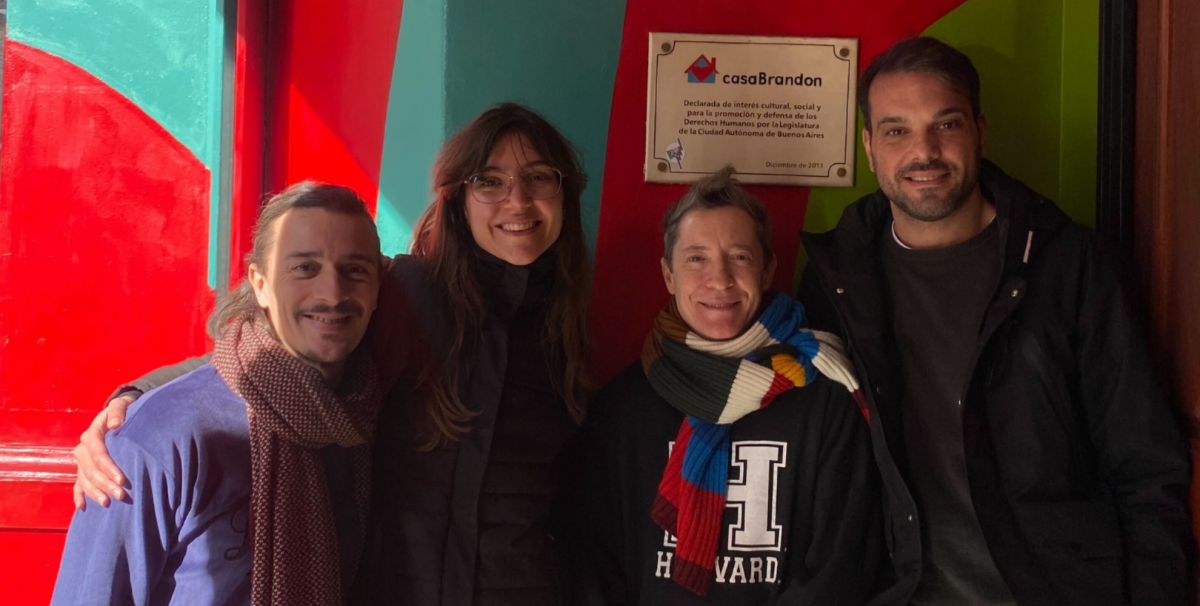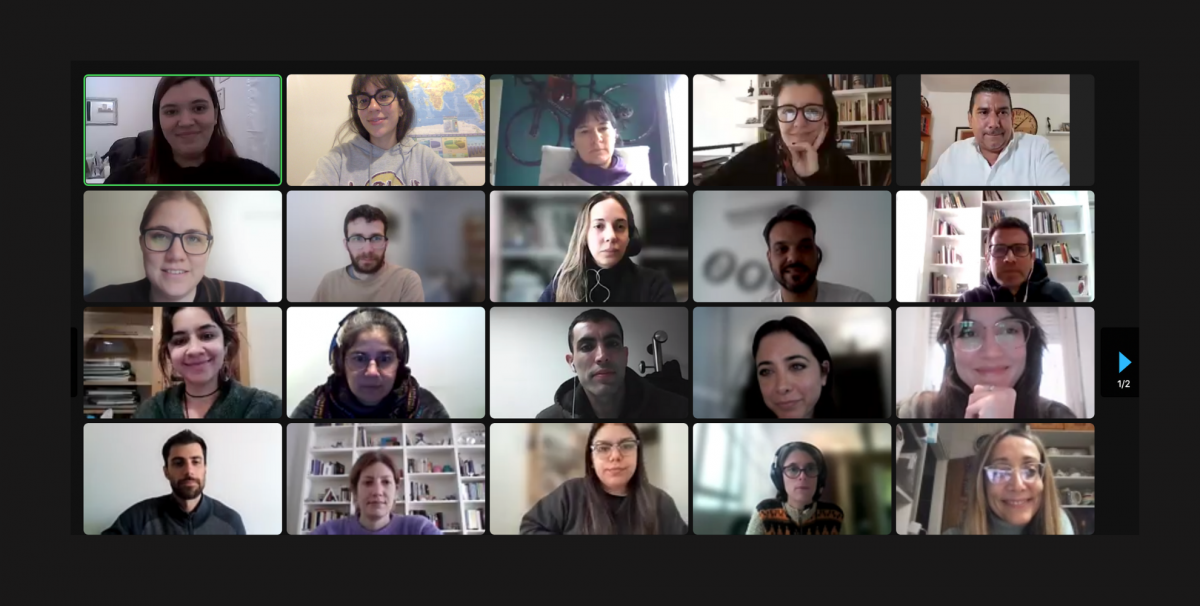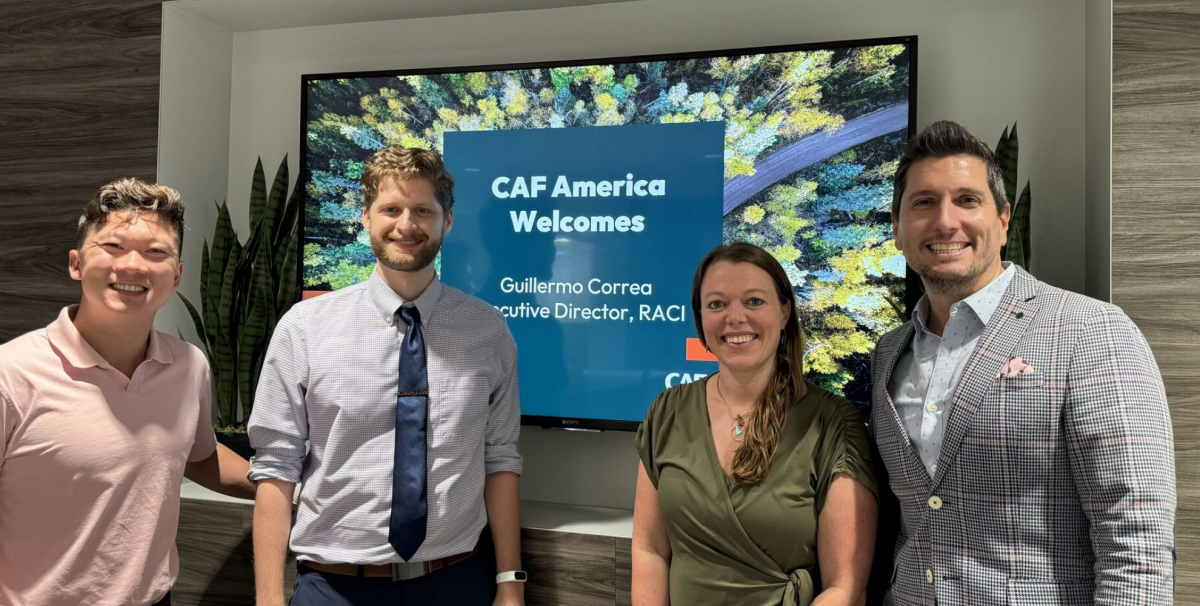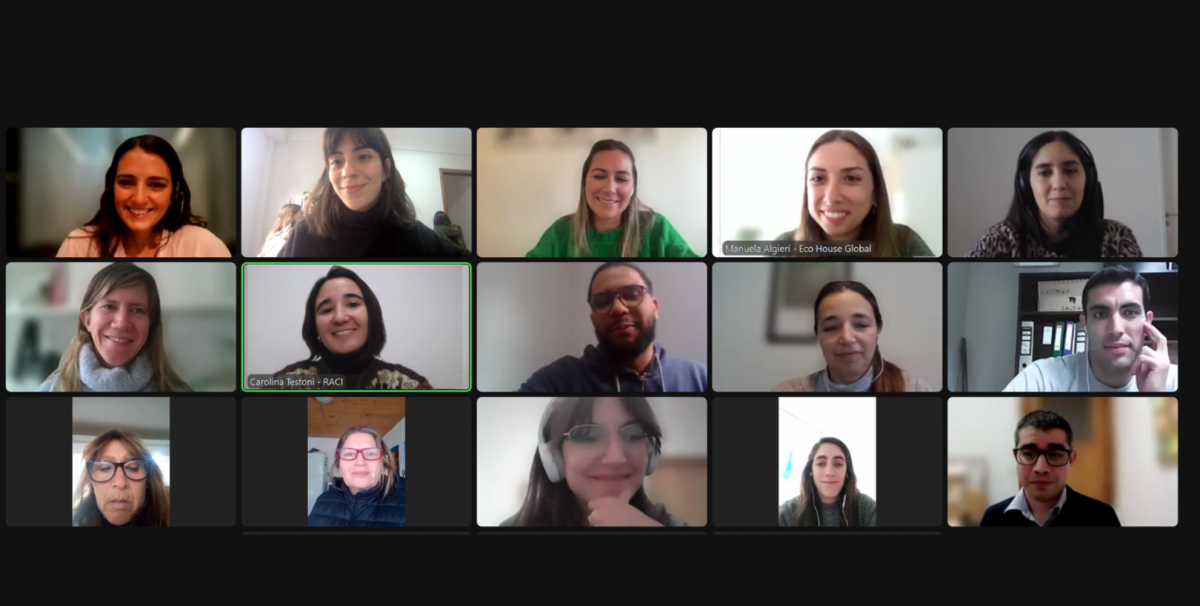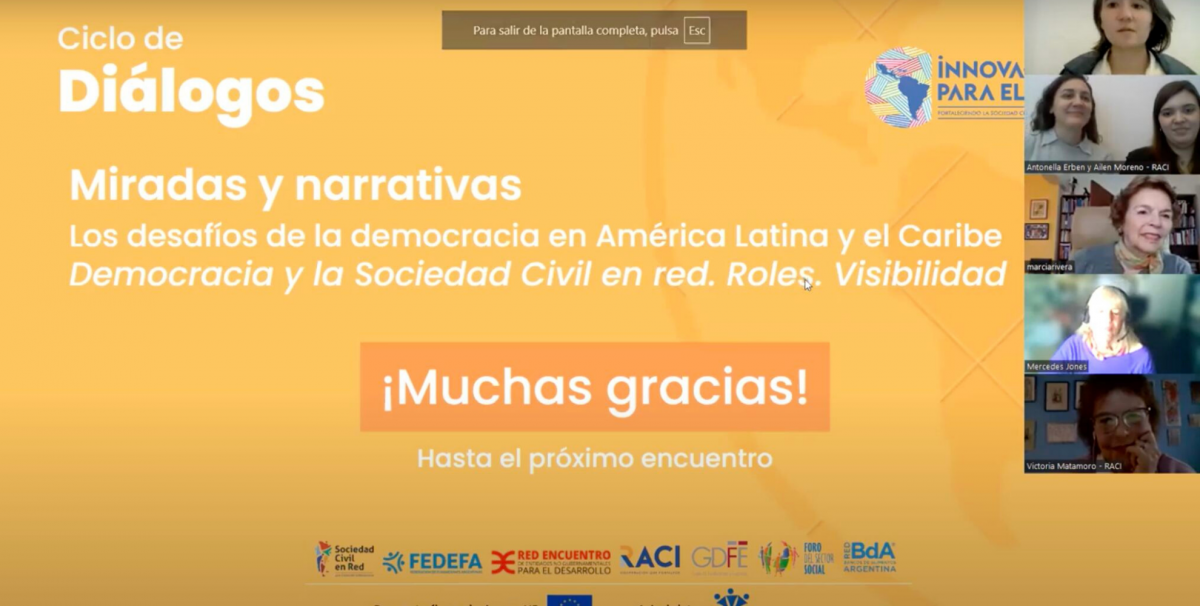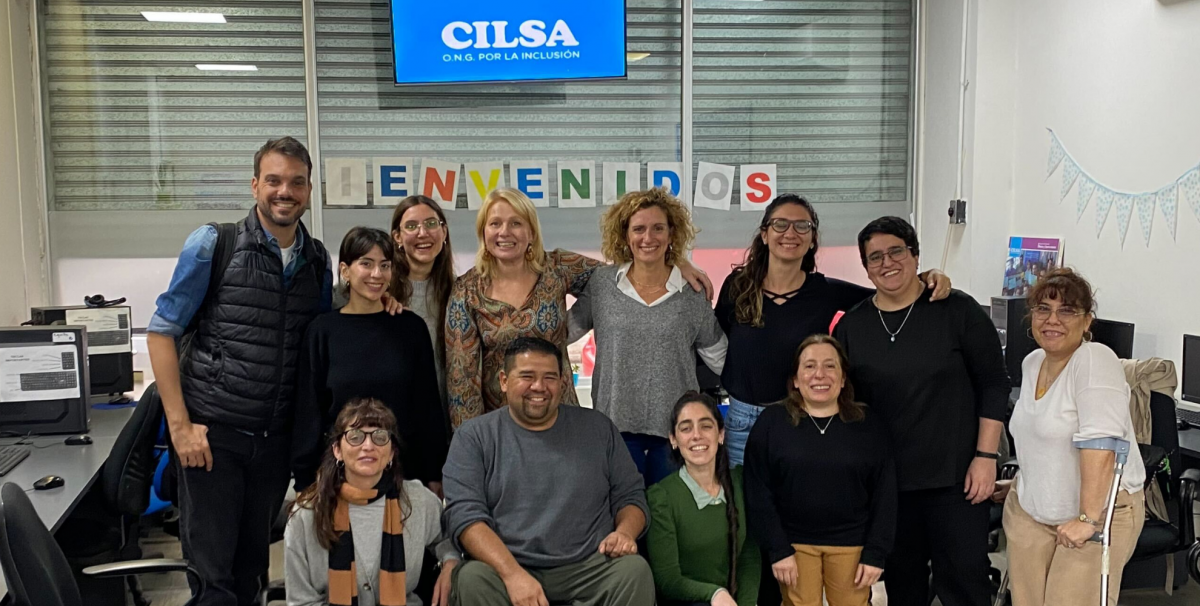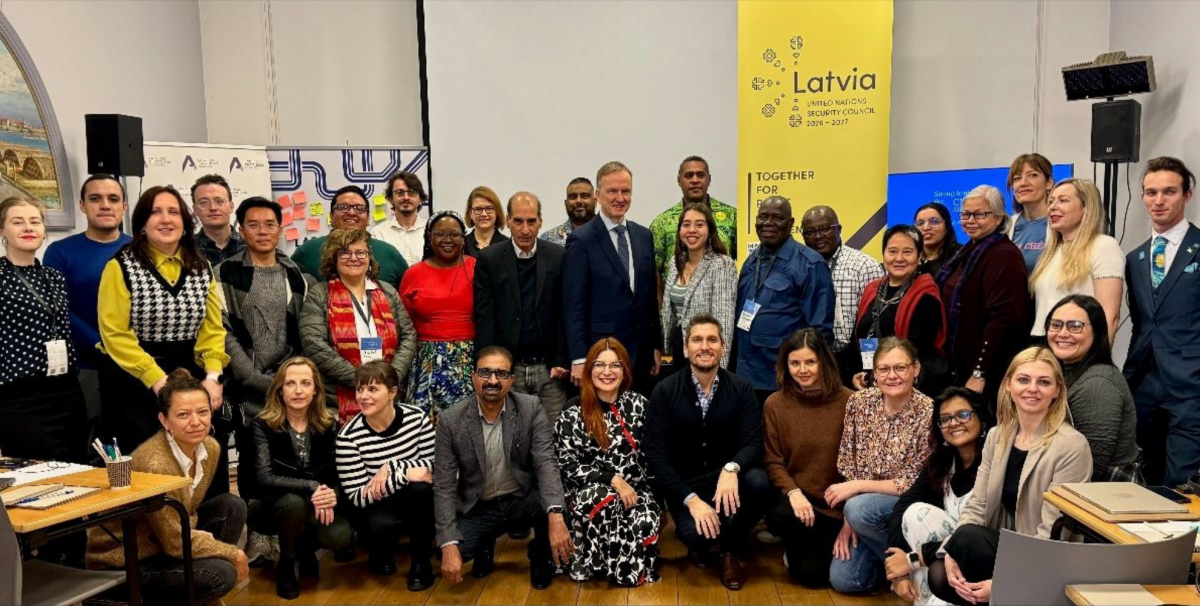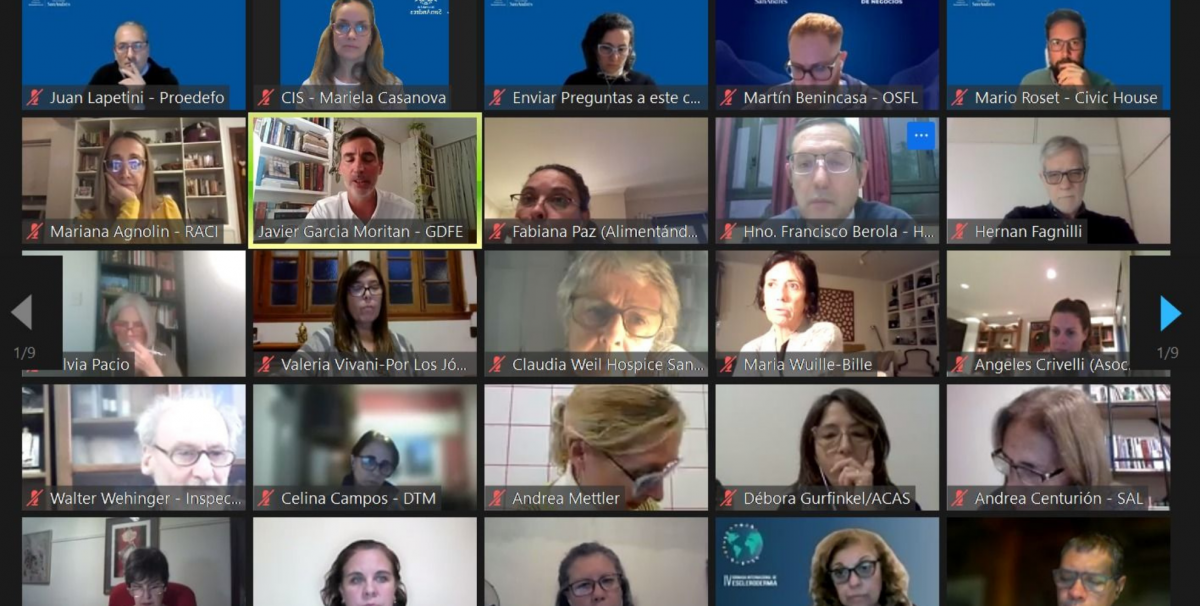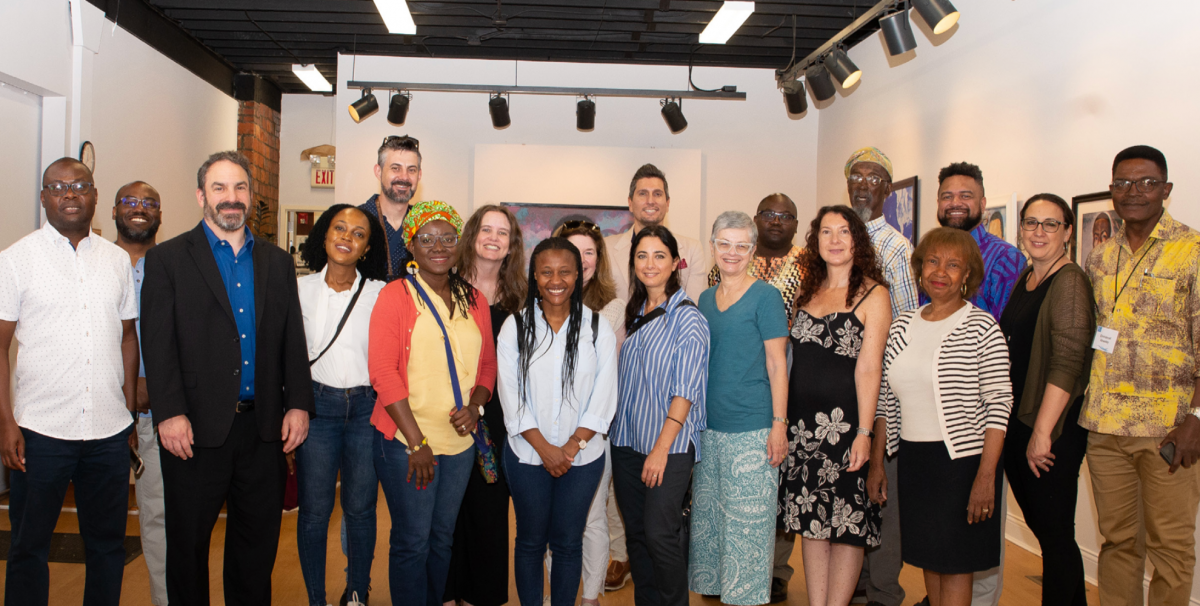In our section dedicated to highlighting our members, we want to share the visits we made to two organizations.
CADIME – Chamber of Medical Diagnostic Institutions
Recently, the RACI team had the opportunity to visit CADIME at their offices. Founded in 1980, CADIME is a Business Guild Organization that brings together Non-Inpatient Medical Institutes and Agencies nationwide, serving as a prominent reference in the field of medical diagnosis and treatment.
During our visit, we engaged in deep discussions about technological transformation in the healthcare sector and its impact on modern medical practices. We actively explored collaboration possibilities and joint projects, as well as opportunities for international cooperation that RACI can facilitate. We also emphasized the strategic importance of influencing public policies and leveraging our network spaces to promote coordination meetings, creating synergies and developing collaborative projects that benefit our communities.
Brandon for Equality/Equity of Rights and Opportunities Civil and Cultural Association
Another significant visit was to Brandon for Equality/Equity of Rights and Opportunities, located at their Cultural Center Casa Brandon. This association distinguishes itself by using art and its manifestations as the basis for activism, viewing culture as a powerful political act.
At Casa Brandon, we were able to firsthand explore their diverse programs and activities, including live music shows, artistic performances, film screenings, queer art festivals, poetry readings, book presentations, and specialized talks, all focused on promoting diversity and LGBTIQ+ rights.
During our meeting, we discussed the fundamental role culture plays in social transformation, as well as the unique value of Casa Brandon as a space for cultural formation and expression. We also addressed how the organization adapts to the current context to maintain and strengthen its positive impact on the community.
Thank you to both teams for hosting us!

